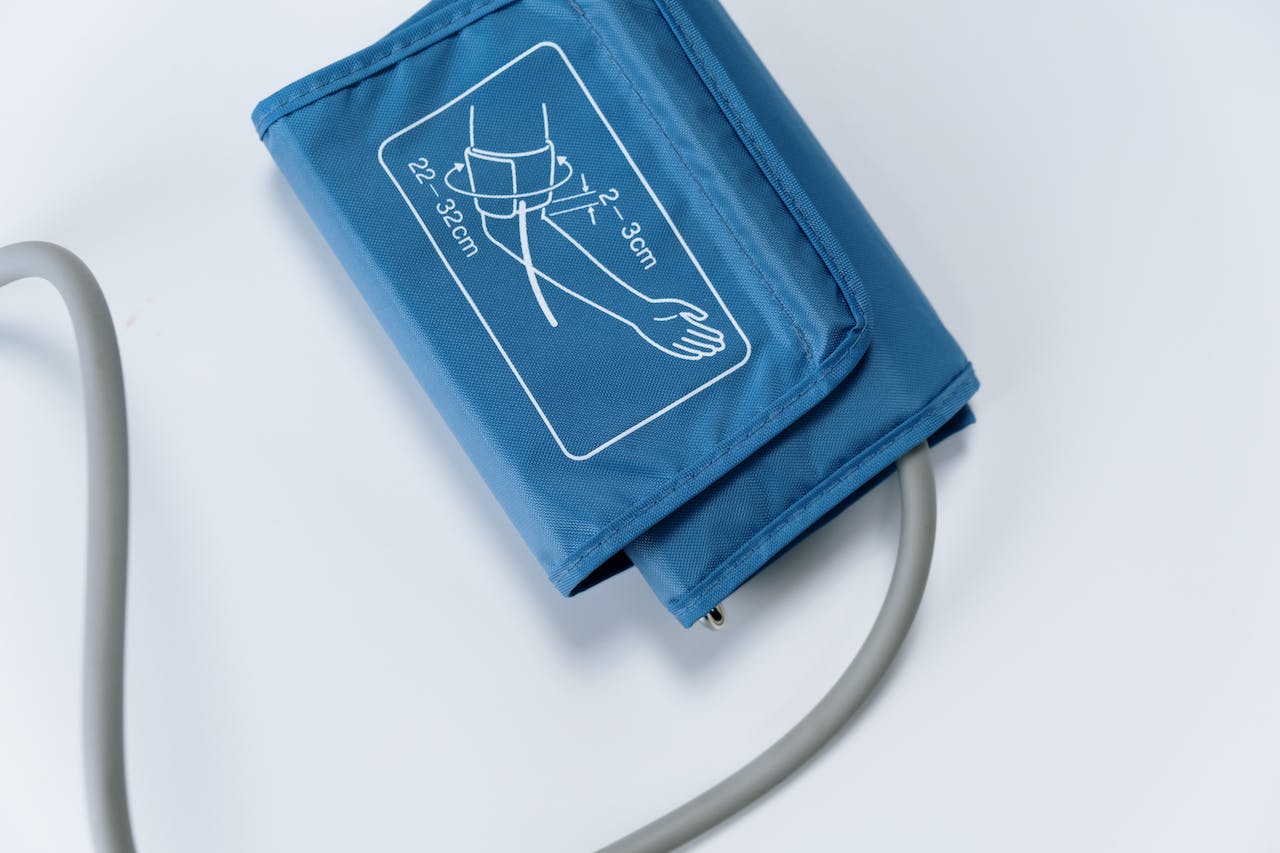Introduction
High blood pressure, also known as hypertension, is a widespread health concern affecting millions of people worldwide. What many might not realize is the intricate relationship between high blood pressure and kidney disease. In this article, we delve into the nuances of this connection, exploring the impact of hypertension on kidney health and vice versa.
The Silent Culprit: Unraveling the Link
Hypertension often operates stealthily, earning its notorious reputation as the "silent killer." What many individuals might not be aware of is its profound impact on the kidneys. The kidneys, those remarkable bean-shaped organs responsible for filtering waste and excess fluids from the blood, are particularly vulnerable to the effects of high blood pressure. The intricate network of blood vessels within the kidneys can sustain damage when subjected to prolonged elevated pressure.
Research has shown that chronic hypertension can lead to the narrowing and weakening of the blood vessels in the kidneys, diminishing their ability to function optimally. Over time, this can result in kidney disease, a condition characterized by reduced kidney function and the accumulation of waste in the body. It's crucial for individuals with high blood pressure to recognize the potential threat to their kidney health and take proactive measures to mitigate these risks.
The Bidirectional Impact
The relationship between high blood pressure and kidney disease is not one-sided. Just as hypertension can contribute to kidney problems, kidney disease can also exacerbate high blood pressure. The kidneys play a pivotal role in regulating blood pressure by controlling the balance of salt and water in the body. When kidney function is compromised, this delicate balance is disrupted, leading to an increase in blood pressure.
Understanding this bidirectional impact is essential for both healthcare professionals and individuals managing these conditions. It emphasizes the importance of a holistic approach to health, addressing not only blood pressure management but also proactive measures to preserve kidney function.
Navigating the Web of Causes
Delving deeper into the intricacies of the connection, it becomes evident that various factors contribute to the interplay between high blood pressure and kidney disease. One notable factor is the renin-angiotensin-aldosterone system, a complex hormonal cascade that regulates blood pressure and fluid balance. Disruptions in this system can occur due to kidney dysfunction, leading to a perpetuating cycle of elevated blood pressure and worsening kidney health.
Moreover, individuals with certain risk factors, such as diabetes or a family history of kidney disease, may be more susceptible to the combined effects of hypertension and kidney dysfunction. Recognizing and addressing these underlying causes is crucial for devising effective strategies to manage both conditions simultaneously.
Strategies for Prevention and Management
Armed with the knowledge of the intricate relationship between high blood pressure and kidney disease, individuals can take proactive steps to safeguard their health. Lifestyle modifications, such as adopting a heart-healthy diet rich in fruits and vegetables, reducing sodium intake, and maintaining a healthy weight, can significantly contribute to blood pressure management and kidney health.
The Power of Medication and Monitoring
For those already grappling with hypertension or kidney disease, medication prescribed by healthcare professionals becomes a crucial component of management. It's essential to adhere to prescribed medications diligently and undergo regular check-ups to monitor blood pressure and kidney function. Timely intervention can make a substantial difference in slowing down the progression of both conditions.
In conclusion, understanding the intricate dance between high blood pressure and kidney disease empowers individuals to take control of their health. By adopting a holistic approach that encompasses lifestyle changes, medication adherence, and regular monitoring, individuals can navigate the complexities of these conditions and strive towards a healthier, balanced life. The synergy between scientific knowledge and practical strategies forms the foundation for effective prevention and management, ensuring a brighter and healthier future for those at risk.

